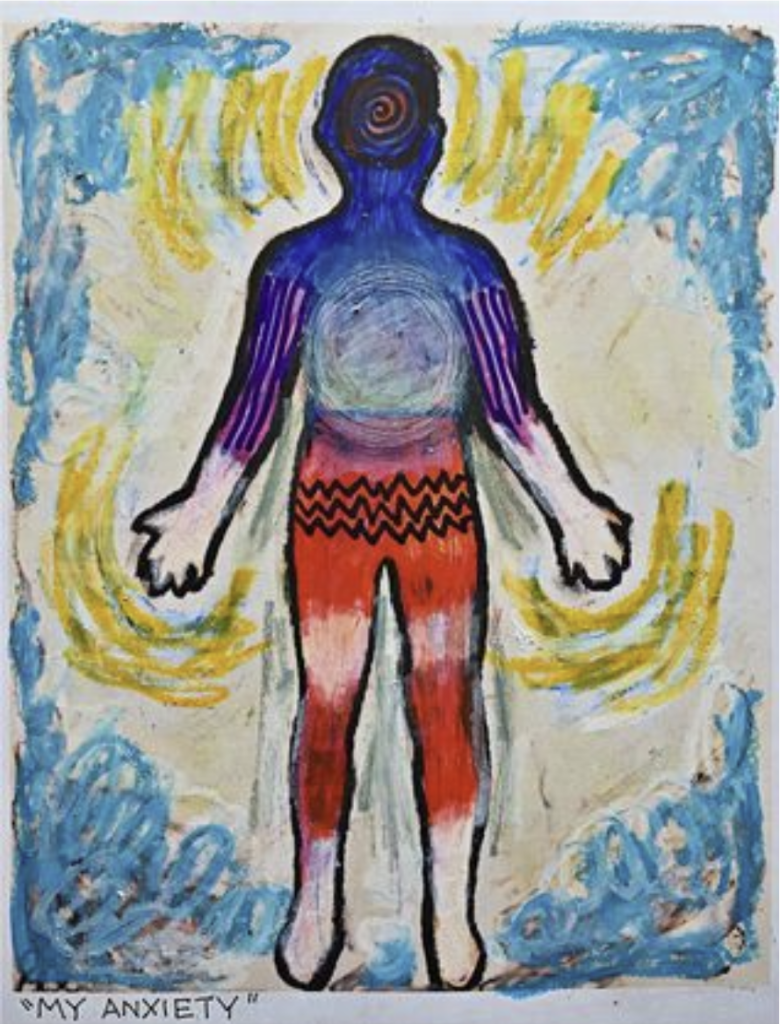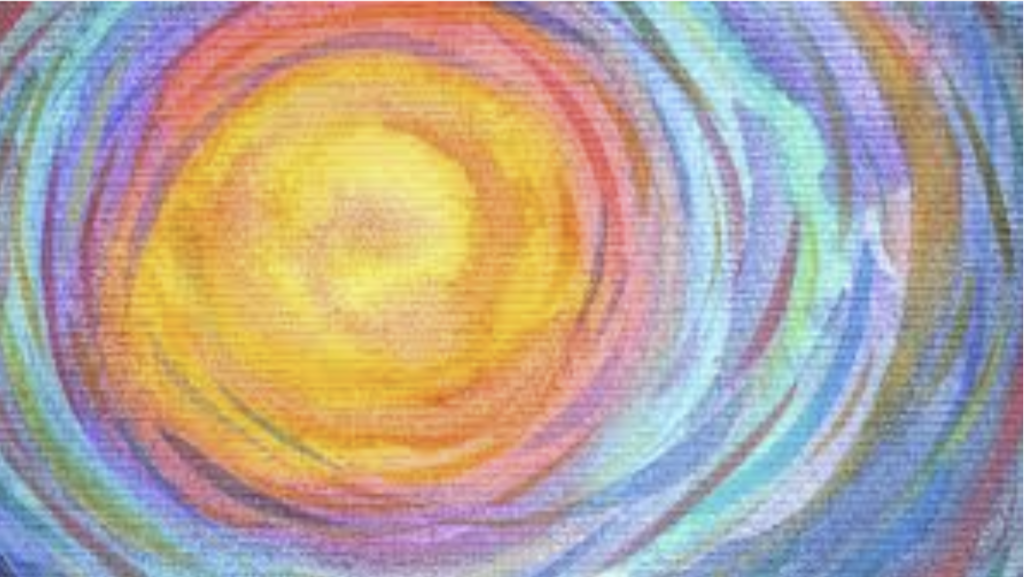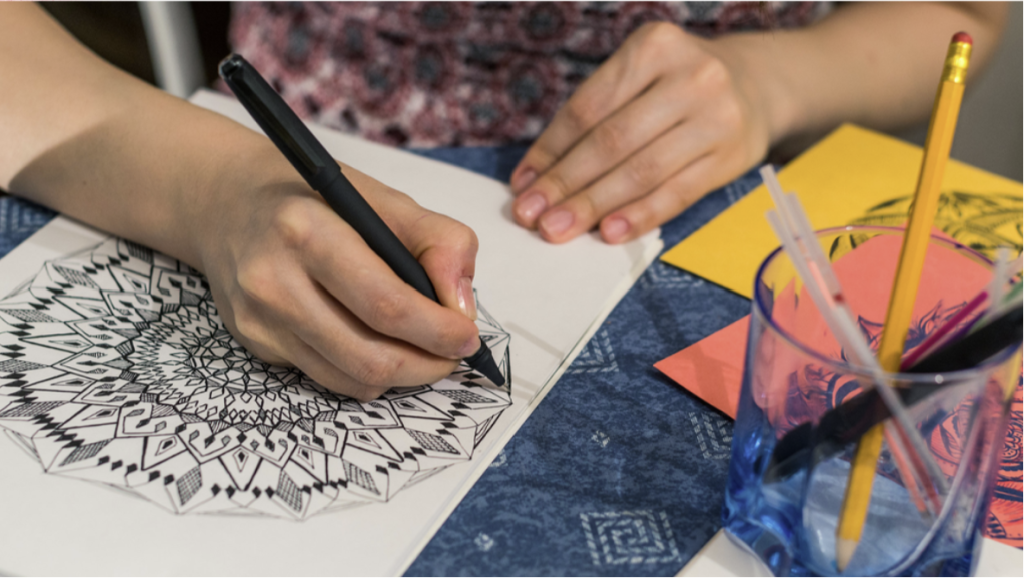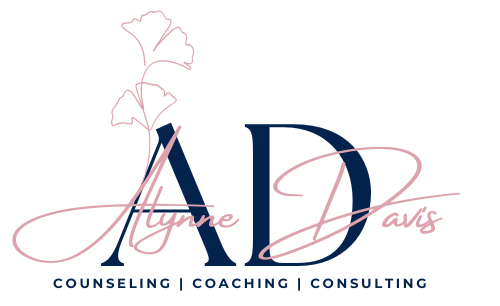
WHAT IS EXPRESSIVE ARTS THERAPY?
Expressive arts therapy is a form of psychotherapy that uses various art forms such as painting, drawing, music, dance, poetry, and drama to help individuals explore and express their thoughts, emotions, and experiences in a safe non-verbal form. The focus is not on the end result or creating a “masterpiece”, but on the process of creating and the emotions and insights that arise from it.
The therapy is based on the idea that the creative process can be therapeutic, and that self-expression through art can promote healing, personal growth, and self-discovery. Expressive arts therapy can be used to treat a wide range of mental health conditions, including depression, eating disorders, anxiety, trauma, addiction, and relationship issues.

Where do Expressive art therapists work?
Expressive art therapists work with individuals or groups of all age ranges. They may use a variety of techniques, such as guided imagery, mindfulness, and body movement to help clients connect with their inner selves and express themselves in a safe and supportive environment. The therapy is often used in combination with other forms of therapy, such as cognitive-behavioral therapy and psychoanalysis, to provide a comprehensive approach to mental health treatment.

Why choose expressive arts therapy?
People may choose expressive art therapy for several reasons, as it offers unique benefits and advantages:
